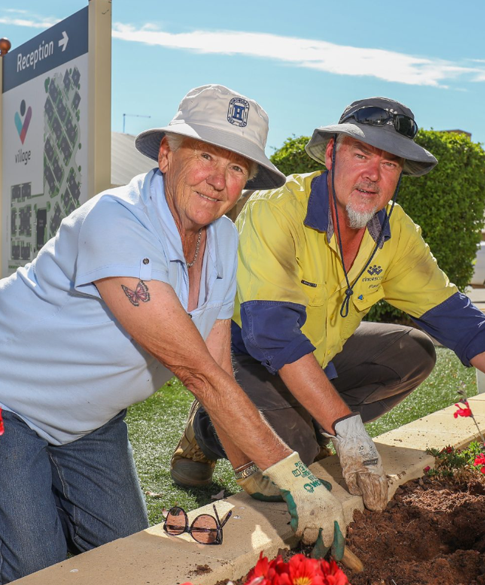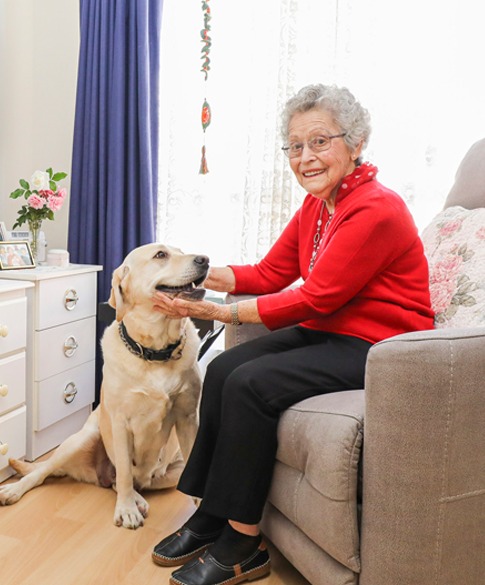Accessing care

Understanding when the “time is right” for aged care services can be challenging, but there are some signs that occur to indicate when the time is right to consider in-home aged care or long-term assistance.
What are some signs that it may be time for in-home aged care?
Reduced mobility
This can result in a slew of other issues, ranging from fall-related injuries to under nourishment . Home caregivers can assist your loved one in getting where they need to go while also providing valuable companionship and other aged care services at home.
A slippage in hygiene and grooming
A noticeable decline in hygiene and grooming is one of the most telling signs that your ageing parent requires aged care services at home. Inadequate bathing, overgrown facial hair, or a generally unkempt appearance are examples of this.
Physical modifications
Significant weight loss may indicate that your ageing parent is having difficulty preparing meals for themselves, that they are having difficulty getting around the kitchen, or that they are forgetting how to cook properly (a sign of cognitive decline).
An in-home caregiver can help ensure that your parent is getting proper nutrition and preventing falls.
Forgetfulness has increased
Working with an in-home aged care assistant can assist you in ensuring that your loved one maintains their normal activities despite any cognitive decline.
Difficulty keeping one's home
Loss of interest in hobbies and activities
Loss of interest in hobbies and activities can indicate a variety of underlying issues, most notably depression. While an in-home caregiver cannot solve these medical or mental health issues, they can help ensure that your loved one follows treatment plans, has regular social interaction and companionship, and can provide much-needed aged care services at home so that your mother or father can continue to enjoy favourite pastimes.
What are some signs that it may be time for residential care?
Sudden or gradual health decline
It’s important to speak with family members about your wishes when the time comes, to seek additional support services at home.
Memory loss
It’s important to remember that no two people are the same. Memory loss and/or dementia symptoms vary from person to person. Early warning signs include:
- Confusion
- Withdrawal from social activities
- Difficulty completing everyday tasks
- Mood changes, out of the norm for that person.
What to do next?
Determining the type of aged care and eligibility is the first step in accessing residential care. Both these criteria are assessed by your local Aged Care Assessment Team (ACAT); and your GP or a hospital social worker can make a referral to receive an assessment.
Carers need a break too!
Caring for our loved ones can be rewarding, but it can also be challenging at times. Information and services are available to support you and your elderly family members so that you can continue to provide the best aged care support possible.


Care & support services
AT Home
There are many ways we can assist you at home. We offer a full range of care and support services at home in the Mildura region to enable you to live independently in your own home, tailoring the aged care services you receive to meet your goals and needs.


Independent retirement living
AT THE Village
Facilities, freedom, and support to do as much or as little as you like. Our 2-and 3-bedroom architecturally-designed units are in the heart of Mildura, immersed in beautifully landscaped gardens, so you can live your retirement your way.


Residential care IN OUR
Homes
The homes at our Mildura retirement village boast a warm and welcoming community. Surrounded by beautiful gardens and courtyards in the heart of Mildura, our well-established secure homes offer long and short-term care for people who need daily additional support in residential, respite, dementia, or palliative care.
